Mexico: center-right bloc pushes ‘labor reform’
The Chamber of Deputies passed changes to the labor code that union lawyers said would take the labor movement back to where it was before the 1910 Revolution.
The Chamber of Deputies passed changes to the labor code that union lawyers said would take the labor movement back to where it was before the 1910 Revolution.
Workers arrested at South Africa's Marikana mine have been charged with the murder of 34 of their colleagues shot by police, under an apartheid-era "common purpose" law.
A reconstituted paramilitary group is threatening to execute a union leader and members of human rights organizations in Colombia’s river port of Barrancabermeja.
Former employees of GM’s subsidiary in Colombia agreed to end a three-week hunger strike and enter into mediation to resolve a dispute with the company.
Former employees of General Motors' Colombian subsidiary are on hunger strike to demand reinstatement and compensation for injuries they say they received on the job.
South Africa’s National Union of Mineworkers (NUM), linked to the ruling ANC, and the upstart AMCU accuse each other of being controlled by the mineral industry.
As in the Venezuela crisis, Donald Trump, the great enthusiast for dictators, is making a cynical pretense of concern for democracy in Iran. Fortunately, his latest bit of exploitation of the Iranian protesters has blown up in his face. Noting the anniversary of the 1979 revolution, he issued a tweet featuring a meme with an image of a student protester from the 2017 anti-austerity uprising and the words: "40 years of corruption. 40 years of repression. 40 years of terror. The regime in Iran has produced only #40YearsofFailure." Now, the courageous photographer who snapped the image at the University of Tehran in December 2017, Yalda Moayeri, comes forward to express her outrage at its co-optation by Trump. Alas, Masih Alinejad, the Iranian-American feminist who last week met with Secretary of State Mike Pompeo, seems not to get how she is endangering opposition activists in Iran, allowing the regime to paint them as pawns of imperialism. (Image via @realDonaldTrump)
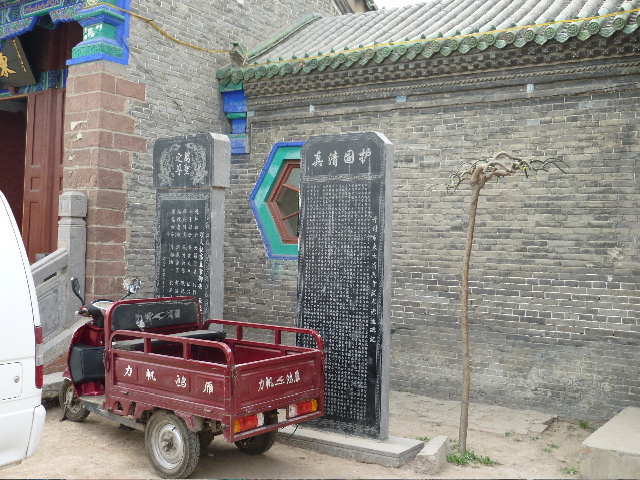
World oil prices remain depressed despite an uptick this month, driven by the Venezuela crisis and fear of US-China trade war. Yet this month also saw Zimbabwe explode into angry protests over fuel prices. The unrest was sparked when the government doubled prices, in an effort to crack down on "rampant" illegal trading. Simultaneously, long lines at gas stations are reported across Mexico—again due to a crackdown on illegal petrol trafficking. Despite all the talk in recent years about how low oil prices are now permanent (mirrored, of course, in the similar talk 10 years ago about how high prices were permanent), the crises in Zimbabwe and Mexico may be harbingers of a coming global shock. (Photo via Amnesty International)
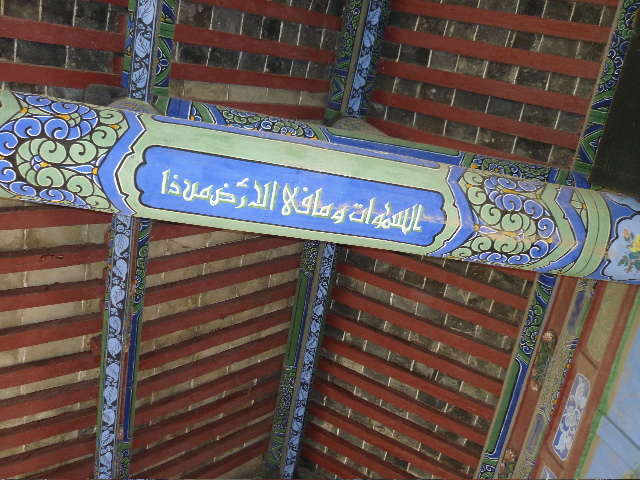
A top US sportswear company announced that it has dropped a Chinese supplier over concerns that its products were made by forced labor in detention camps in Xinjiang. Reports have mounted that the hundreds of thousands of ethnic Uighurs believed to be held in a fast-expanding system of detention camps are being put to forced labor for Chinese commercial interests. An Associated Press investigation tracked recent shipments from one such detention-camp factory, run by privately-owned Hetian Taida Apparel, to Badger Sportswear of North Carolina. After long denying that the camps exist, Chinese authorities now say they are "vocational training centers" aimed at reducing "extremism." (Photo via Bitter Winter)
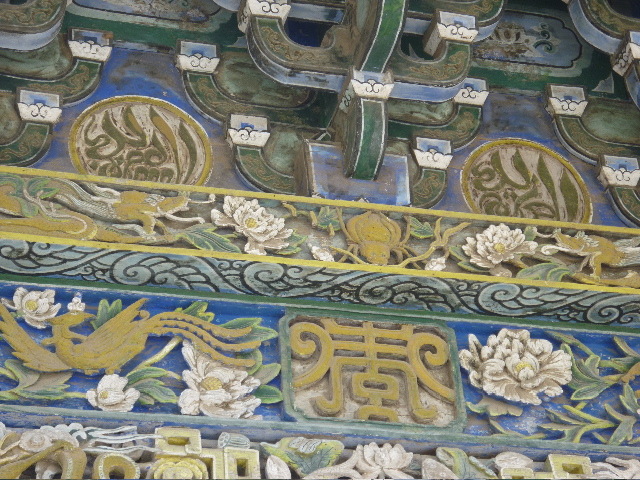
The White House is accusing Peru of violating its commitment to protect the Amazon rainforest, threatening to hold Lima in violation of the US-Peru Free Trade Agreement . Robert Lighthizer, President Trump's top trade negotiator, announced that he is seeking consultations with Lima to address concerns about its recent move to curtail the authority of Peru's auditor for timber exports, the Organism for the Supervision of Forestry Resources (OSINFOR), established as a provision of the trade agreement. The move move had been demanded by Peru's logging industry following an OSINFOR seizure of illegal timber. The White House needs support from congressional Democrats to pass the pending US-Mexico-Canada Agreement, Trump's replacement for NAFTA, which is supposed to have tougher labor protections. The forestry annex in the Peru agreement was conceived as a model for a new inspection system that could include confiscation at the border of goods found to violate treaty provisions, and the prosecution of companies that import noncompliant products. (Image via Sierra Club)
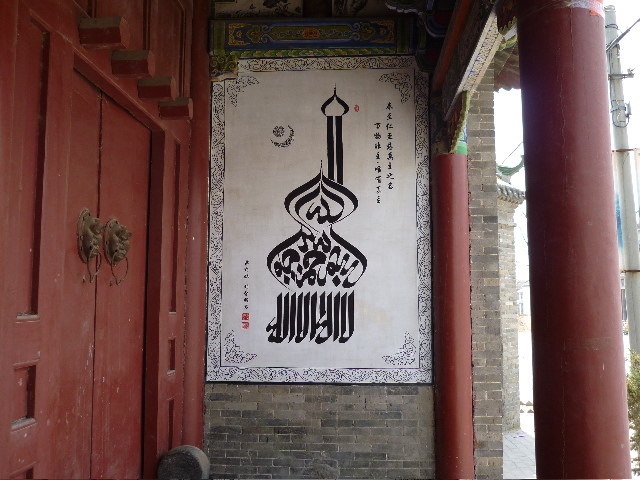
Protests have been mounting across Sudan in response to the nation’s acute economic crisis. Inflation reached 70% in November and many have been forced to spend significant portions of their income on bread, leading to local media designating the demonstrations as "bread protests." Protesters have repeatedly called for President Omar al-Bashir, who has been in power since 1993, to step down. The protests have been organized by professional organizations and trade unions as well as Sudan's principal opposition group, the Umma Party. Sudan's government has shut off internet access to prevent the protesters from organizing via social media. According to Amnesty International, at least 37 protesters have been killed so far as Sudanese authorities attempt to quell the demonstrations by releasing tear-gas and firing live ammunition. (Photo via Middle East Eye)
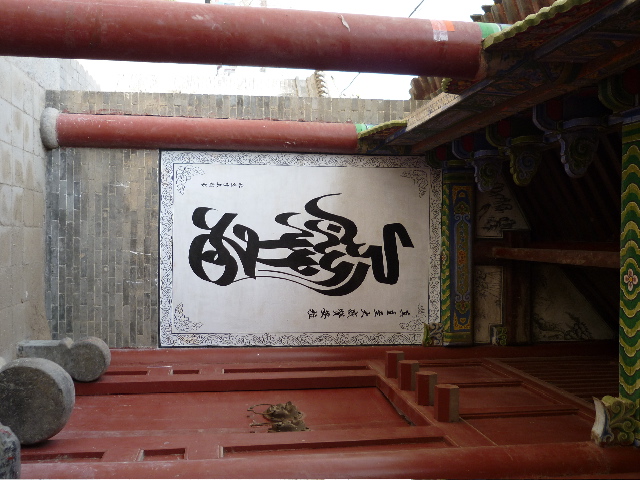
The dark days of state collaboration with Colombia's murderous paramilitary groups were recalled with the arrest in New York of Javier Valle Anaya, former sub-director of Bogotá's Administrative Security Department (DAS), a now-disbanded intelligence agency that was found to be feeding information to the paras. Valle Anaya was detained on an immigration violation, but may face extradition to Colombia, where he is wanted in connection with the 2004 assassination of a human rights activist in Barranquilla. Ironically, the arrest comes just as a new scandal has emerged concerning an illegal network of chuzadas—Colombian slang for eavesdroppers. Retired National Police general Humberto Guatibonza was arrested in Bogotá, charged with running a chuzada ring that spied on labor activists—particularly members of the airline workers union, ACDAC. (Photo via Contagio Radio)